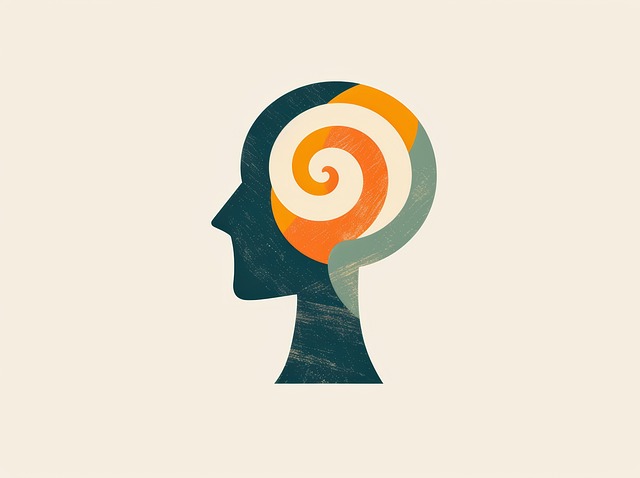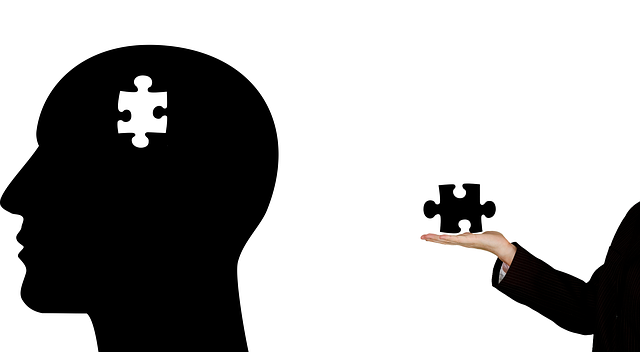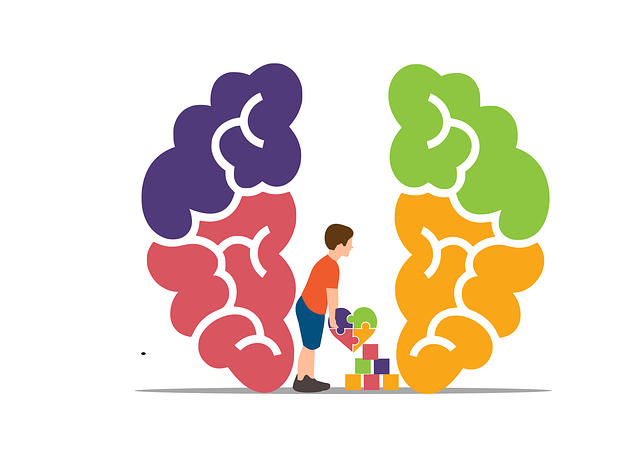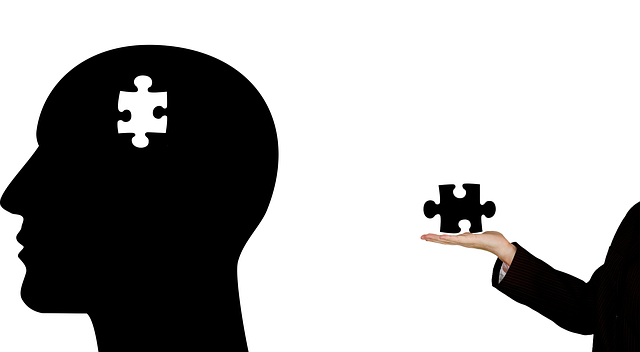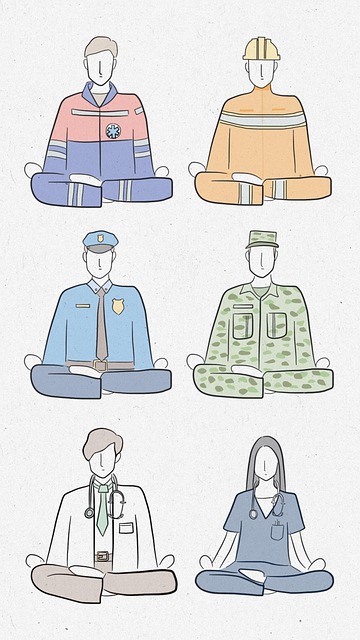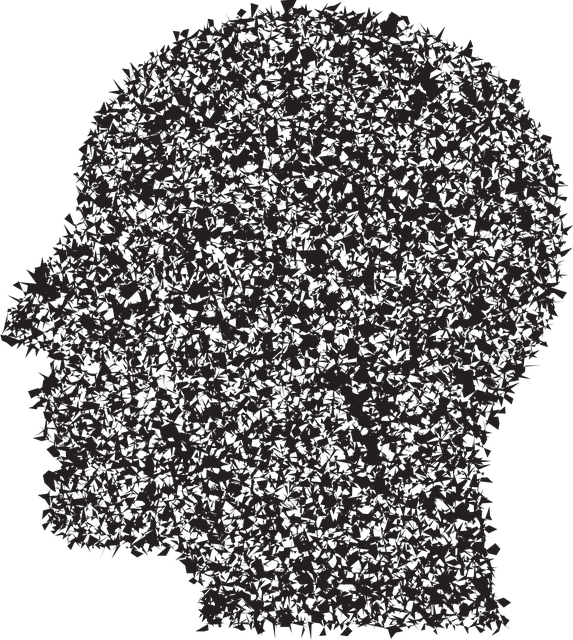The text highlights the detrimental impact of stigma on mental health, discouraging people from seeking support. Parker Family Counseling Therapy (PFCT) tackles this issue through their podcast series, advocating for cultural competency training in healthcare to reduce judgmental interactions. They offer counseling with evidence-based practices like CBT and mindfulness, empowering clients to manage symptoms and challenge societal perceptions. PFCT collaborates with organizations for workshops and seminars, promoting understanding and accessible care through community engagement and advocacy for inclusive mental health policies, aiming to create a stigma-free environment.
Mental illness stigma is a pervasive barrier that discourages individuals from seeking necessary support. This article explores effective strategies to reduce this hindrance, emphasizing the importance of understanding its profound impact on mental health seekers. We delve into the role of counseling and therapy in fostering acceptance and provide community engagement strategies aimed at breaking down barriers together. For a comprehensive approach, discover how Parker Family Counseling Therapy offers tailored support to navigate these challenges.
- Understanding Stigma: Its Impact on Mental Health Seekers
- The Role of Counseling and Therapy in Stigma Reduction
- Strategies for Community Engagement: Breaking Down Barriers Together
Understanding Stigma: Its Impact on Mental Health Seekers

Stigma surrounding mental illness is a significant barrier to individuals seeking help and support for their well-being. This societal label often leads to feelings of shame, isolation, and fear of judgment, deterring people from reaching out for counseling or therapy. Many struggle in silence, believing they are alone in their experiences, which can exacerbate existing symptoms and hinder progress towards mental wellness.
At Parker Family Counseling Therapy, we recognize the profound impact stigma has on individuals’ lives. Our Mental Wellness Podcast Series Production aims to educate and raise awareness about mental health issues, breaking down stereotypes and fostering an environment of understanding. Additionally, we advocate for Healthcare Provider Cultural Competency Training, which equips professionals with the skills to address stigma head-on during patient interactions. By reducing stigma, we encourage open conversations about mental illness, ensuring those in need can access the support they deserve.
The Role of Counseling and Therapy in Stigma Reduction

Counseling and therapy play a pivotal role in stigma reduction efforts surrounding mental illness. By providing safe spaces for individuals to openly discuss their experiences, Parker Family Counseling Therapy helps foster understanding and empathy within communities. Through evidence-based practices, therapists guide clients towards managing symptoms and improving overall well-being. This not only empowers individuals to challenge societal perceptions but also promotes self-acceptance and resilience.
Incorporating strategies like cognitive-behavioral therapy (CBT), mindfulness techniques, and tailored interventions, Parker Family Counseling Therapy equips clients with valuable coping mechanisms. Moreover, they address the need for Cultural Sensitivity in Mental Healthcare Practice, ensuring inclusive care that respects diverse backgrounds. Additionally, Stress Management Workshops Organization collaborations enhance these efforts by offering educational resources and support groups, further breaking down barriers and encouraging open conversations about mental health.
Strategies for Community Engagement: Breaking Down Barriers Together

Community engagement is a powerful tool in the fight against mental illness stigma. By fostering open dialogues and organizing educational events, such as workshops, seminars, and awareness campaigns, communities can break down barriers and promote understanding. These efforts often involve partnerships with local organizations, including mental health professionals like Parker Family Counseling Therapy, to provide accurate information about various mental health conditions.
Through collaborative initiatives, communities can implement effective Emotional Well-being Promotion Techniques and Stress Reduction Methods. Additionally, Mental Health Policy Analysis and Advocacy plays a crucial role in ensuring that services are accessible and non-discriminatory. By engaging at the community level, stakeholders can contribute to broader societal changes, fostering an environment where individuals with mental health concerns feel supported and empowered to seek help without fear of judgment or discrimination.
Mental illness stigma reduction is a collective effort that requires understanding, empathy, and proactive strategies. By recognizing the profound impact of stigma on individuals seeking mental health support, we can foster inclusive communities through counseling and therapy services like those offered at Parker Family Counseling Therapy. Engaging in meaningful conversations, educating ourselves and others, and implementing community-driven initiatives are powerful tools to break down barriers and create a more accepting society for all. Together, we can ensure that anyone struggling with mental health issues feels supported and empowered to seek the help they need.

